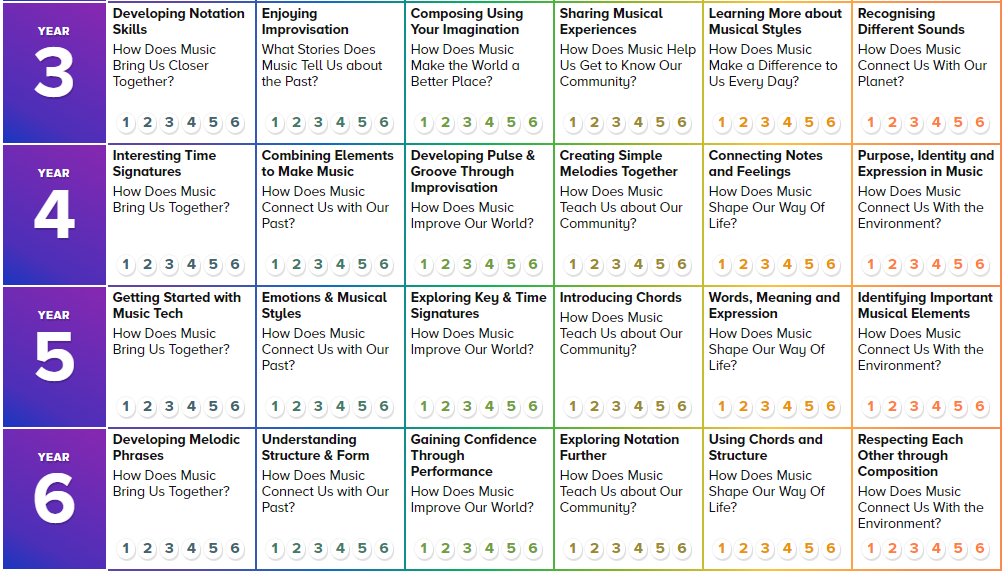Music
In line with the National Curriculum, we believe music is a universal language that embodies one of the highest forms of creativity. Our high-quality music education is delivered by a music specialist and aims to engage and inspire pupils to develop a love of music and their talent as musicians, and so increase their self-confidence, creativity and sense of achievement.
The national curriculum for music aims to ensure that all pupils:
- perform, listen to, review and evaluate music across a range of historical periods, genres, styles and traditions, including the works of the great composers and musicians
- learn to sing and to use their voices, to create and compose music on their own and with others, have the opportunity to play musical instruments, use technology appropriately and have the opportunity to progress to the next level of musical excellence
- understand and explore how music is created, through the following elements: pitch, duration, dynamics, tempo, timbre, texture, structure and appropriate musical notations.
Each class has four 6/7 week units of music per academic year, delivered in an hour-long lesson each week. In these lessons, the children listen, perform, compose, and evaluate music as they learn about the seven elements that make up music.
Our approach is heavily skills-based. We believe that a thorough grounding in fundamental music skills, such as keeping a steady beat; singing in tune; internalising and performing rhythms of increasing complexity; and developing critical listening, will maximise progression and achievement, allowing them to apply these skills to increasingly more complex tasks as the children move through the key phases.
The whole school follows a music scheme created by 'Charanga'. Charanga’s scheme for the Model Music Curriculum follows a differentiated, spiral approach to musical learning which responds to the national requirements for musical education. Within each unit of learning, students revisit existing knowledge and skills and then build upon and extend them incrementally. In this manner, learning is consolidated and augmented, allowing for increasing musical confidence, while constantly being gently challenged to go further.
Our philosophy of music education is based on the principle that it should be fun and engaging for all concerned, and that every child is a born musician. We believe that music is like magic and that it has a role to play in every aspect of all of our lives, wherever and whoever we are. For this reason, we divide the academic year into six units, each corresponding with one of our six recurring Social Themes, combined with a unique Musical Spotlight.
The music is taught over a two-year rolling program so that by the end of each key phase, the children will have had the opportunity to learn the following:


|
|
